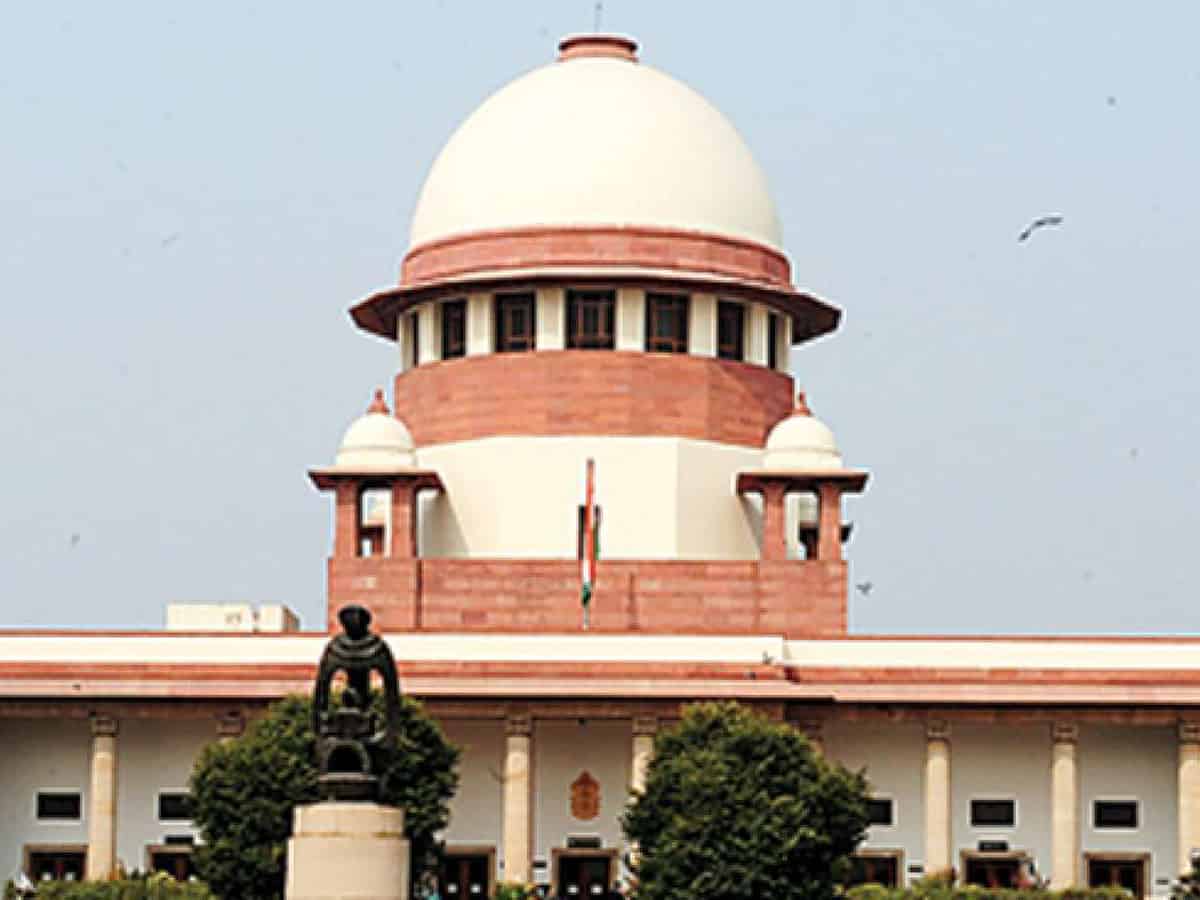New Delhi: The Supreme Court on Monday held that a constitutional court can grant bail to an accused facing prosecution under the Unlawful Activities (Prevention) Act, (UAPA) on grounds of violation of fundamental rights.
A three-judge bench of Justices Surya Kant, N V Ramana and Aniruddha Bose, during the hearing of KA Najeeb case, said, “Once it is obvious that a timely trial would not be possible and the accused has suffered incarceration for a significant period of time, Courts would ordinarily be obligated to enlarge them on bail.”
Section 43D (5) is often cited by the government and NIA to deny bail to persons accused of terrorism offences under the UAPA. This has led to many people languishing in jails for several years without any trial.
In the KA Najeeb case, the accused had been in jail for much more than five years and there were 276 witnesses left to be examined.
Najeeb KA had been arrested for conspiring and facilitating an attack on Professor TJ Joseph in 2010 and of chopping off his hand for allegedly insulting Prophet Mohammed in a question paper and the fact that he absconded from the authorities for a while.
“Charges have been framed only on 27-11-2020. Still, further, two opportunities were given to the appellant NIA which has shown no inclination to screen its endless list of witnesses,” the court noted.
It was also noted that some of the co-accused had faced trails and had been acquitted while the convicted ones had been given a sentence of 8 years. Najeeb had already spent more than half of that time in jail without trial.
“This Court has clarified in numerous judgements that the liberty guaranteed by Part III of the Constitution would cover within its protective ambit not only due procedure and fairness but also access to justice and a speedy trial,” the judgment says.
Najeeb had not been granted a speedy trail in this case. Therefore, the apex court felt that the accused needed to be granted bail.
The court has also added conditions to be observed by the accused because of the seriousness of the offense in question.
However, the court has clarified that this wouldn’t apply to situations where a person has just been arrested.

